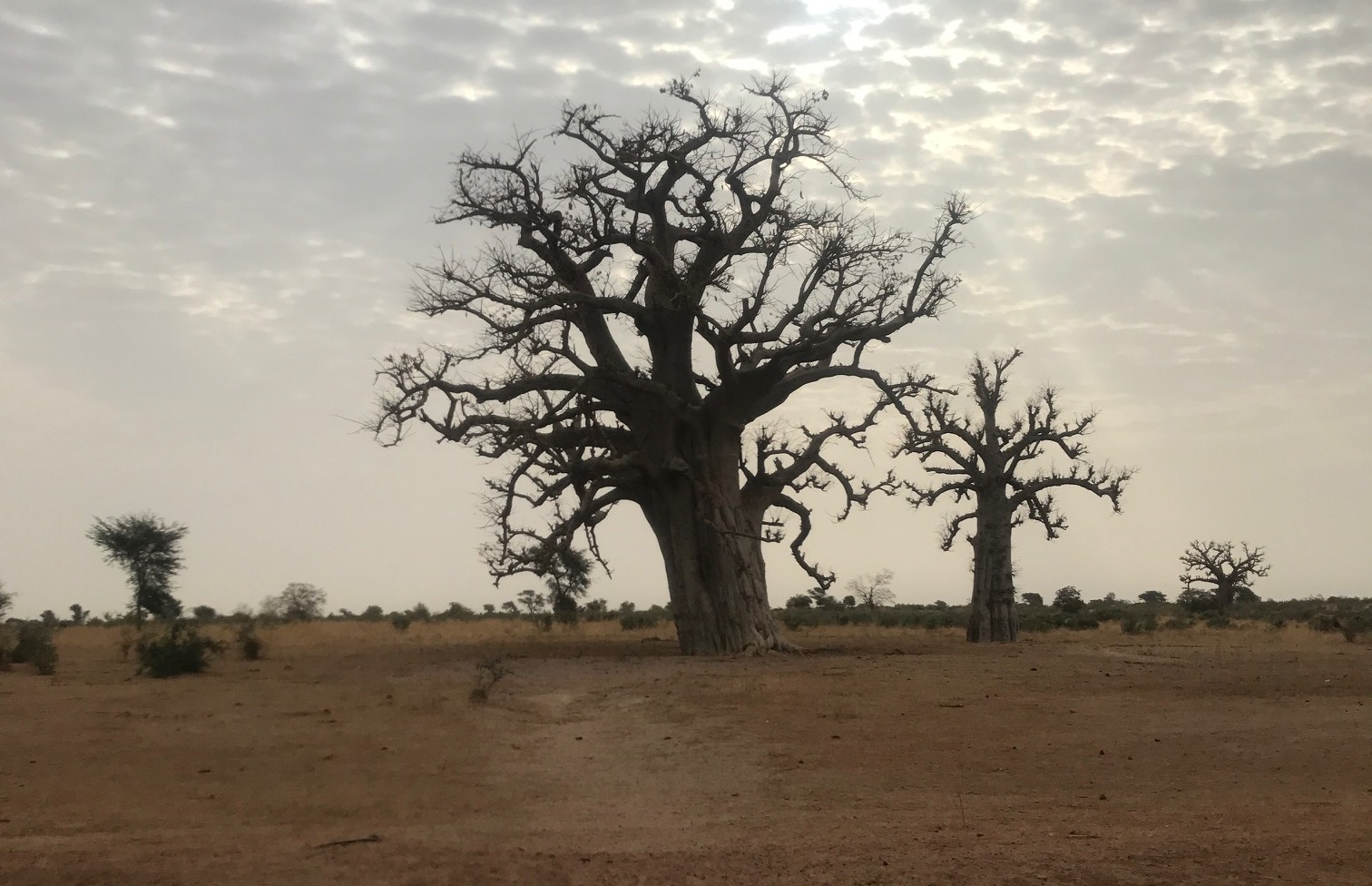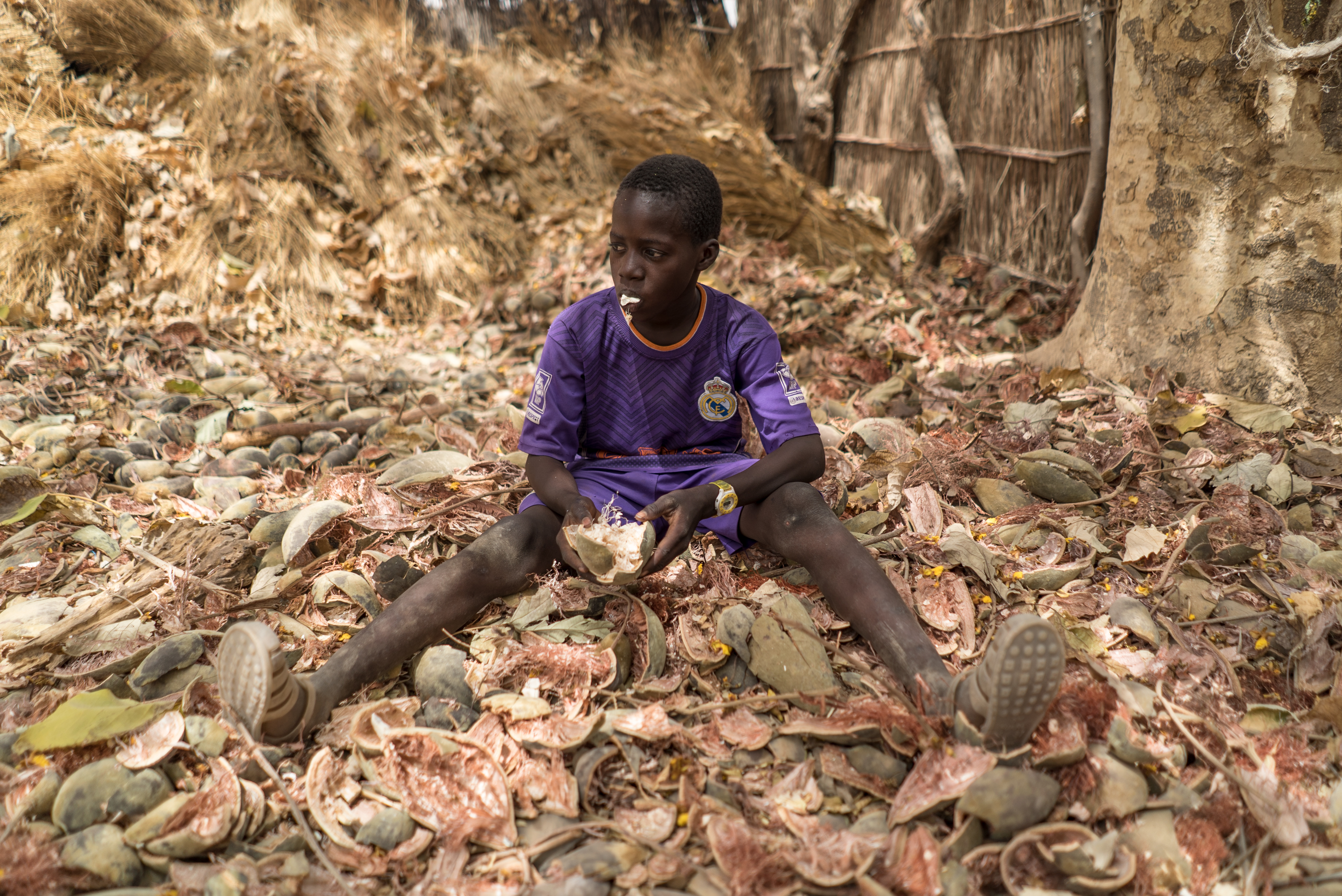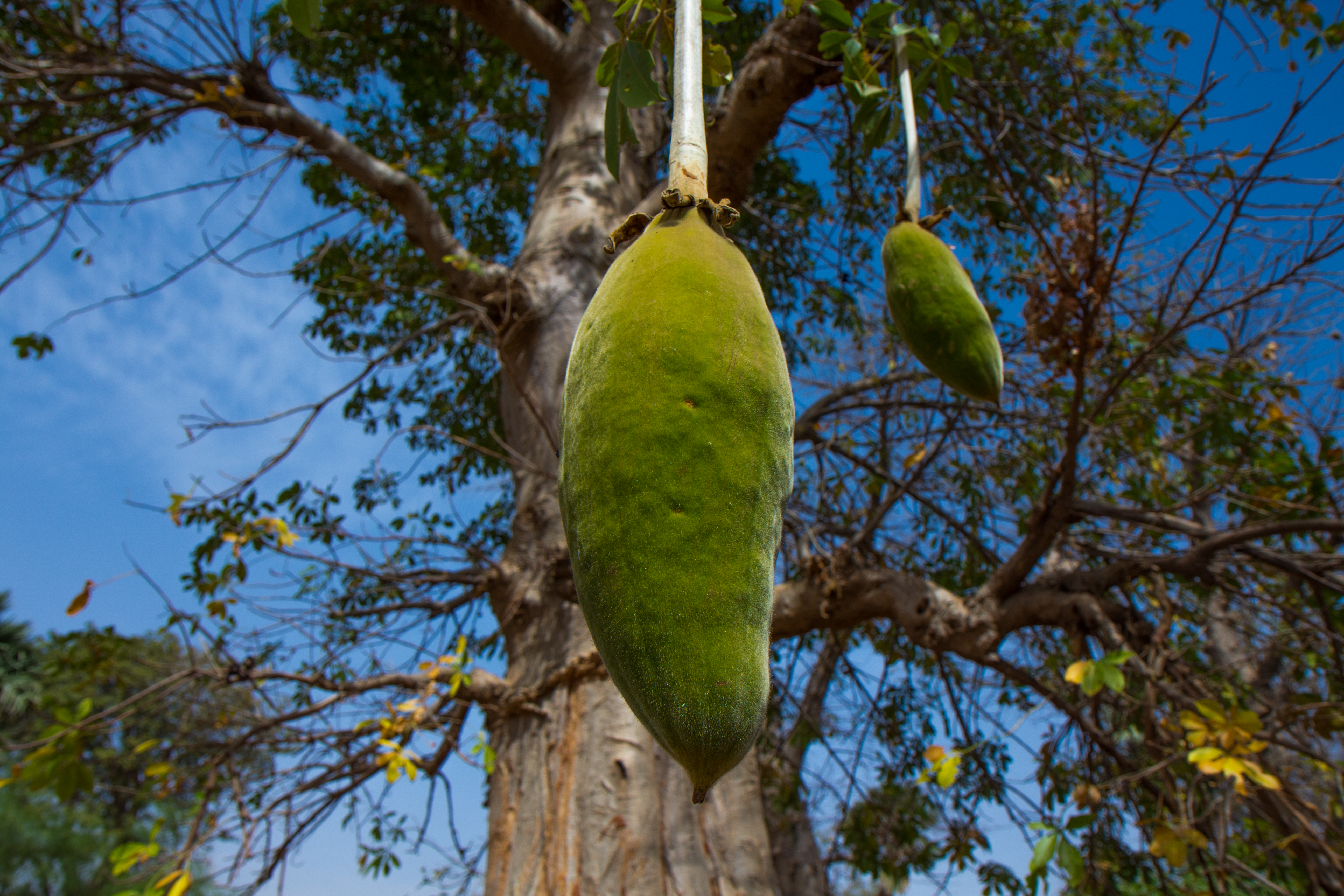
The Tree Itself
The Baobab is one of the world’s most fascinating trees because of its impressive lifespan and size. This giant can grow over 100 feet tall and reach a circumference of up to 155 feet! Some trees even live for thousands of years.
Baobabs thrive in many parts of Africa as well as Australia. Their large trunks store thousands of gallons of water, allowing them to withstand severe droughts and making them valuable in combating climate change.
Many consider the tree magical, not just because of the legends surrounding it but also due to its unusual way of dying. Baobabs are extremely resilient, but when they do perish, they often rot from the inside. Eventually, they collapse, leaving behind only broken remnants. This unique process has led people to believe the tree simply disappears.

Endless Uses
One of the most valuable parts of a Baobab tree is its trunk. People strip the bark to make rope, clothing, bags, and fishing nets. The ring around the bottom of the tree marks where bark has been harvested. Remarkably, the tree regenerates its bark automatically.
Baobabs also support biodiversity. They provide shelter for various birds and critters. Seasonally, the trees bloom with white flowers, which bats pollinate at night before nesting in the branches. Many other animals rely on the tree’s trunk and fruit for food.
The fruit is a sought-after market item in many communities, offering a source of income for harvesters.
Even the pollen has practical uses, as it is used to make glue and soap.

Nutritional powerhouse
One of the biggest reasons we love this tree is because of the nutrition it provides for the people near it. The fruit has an incredible amount of fiber and vitamin c. It is tart and used to make drinks, powder, and can also be eaten straight from the source. The leaves are also beneficial. They taste similar to spinach and are used to medicinally treat bug bites, kidney disease, asthma, digestive issues and other illnesses.

When most people first see this tree, they stand in awe of his size and structure…thankfully what the tree holds and produces is just as magnificent.
Keep an eye out for more articles from our “Amazing Trees” blog collection, featuring some of the world’s most powerful tree species.

